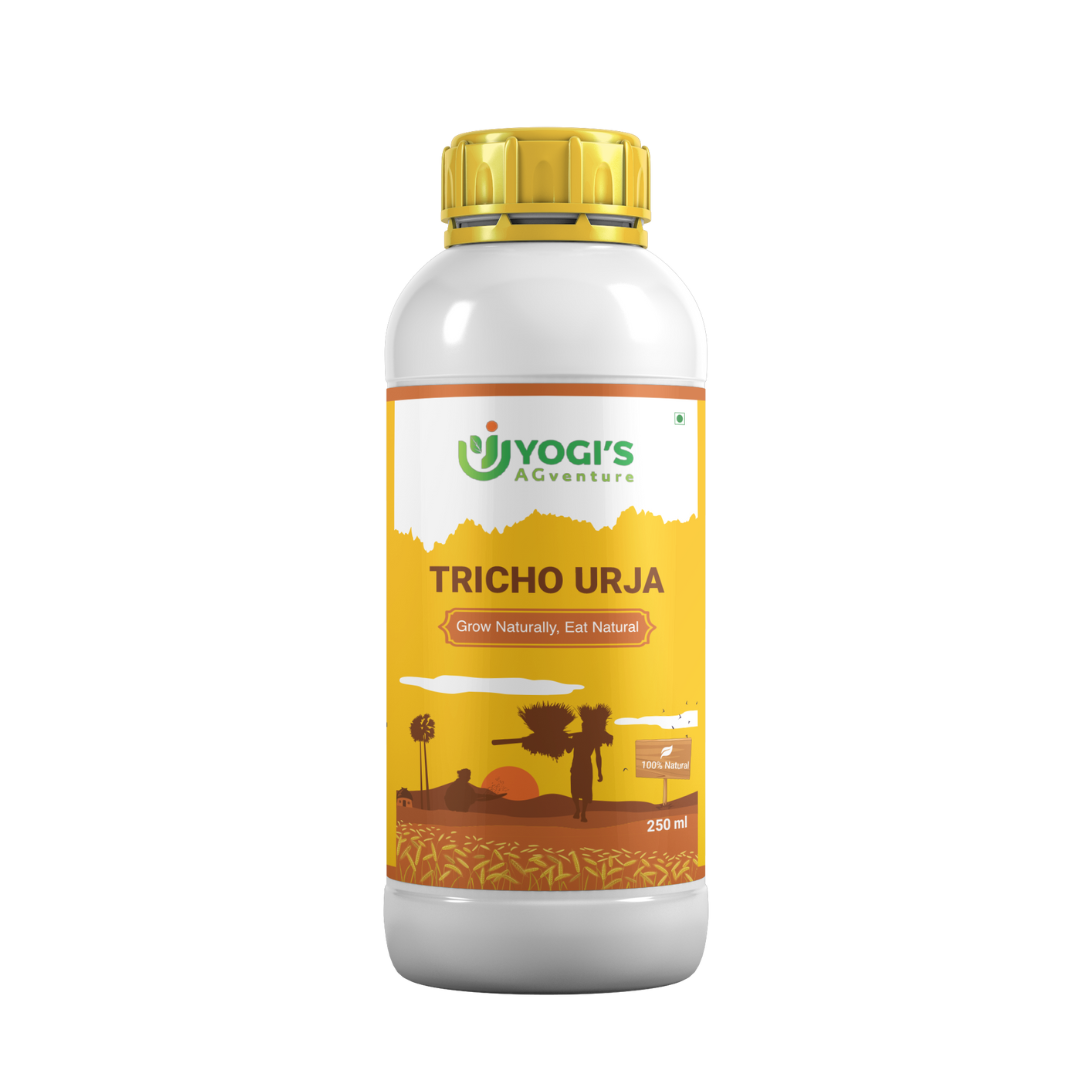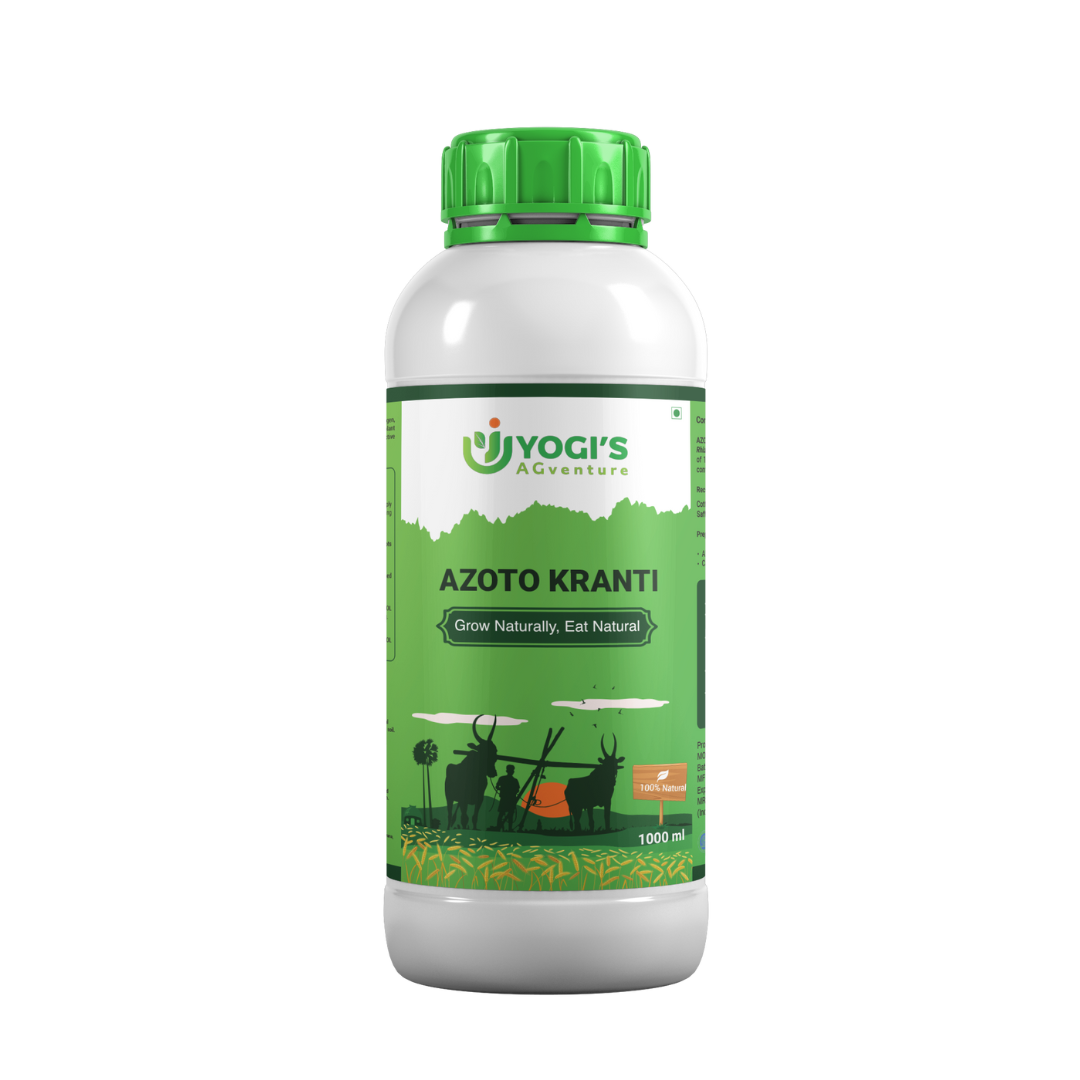Neem Chakra
Out Of Stock
Neem oil is a highly versatile and eco-friendly product widely used in agriculture due to its pesticidal, fungicidal, and soil-enhancing properties. Here are its primary uses and benefits:
Add to Wishlist
Add to Wishlist
Description
Neem oil is a highly versatile and eco-friendly product widely used in agriculture due to its pesticidal, fungicidal, and soil-enhancing properties. Here are its primary uses and benefits:
- As Natural Pesticide
- Insect Control: Neem oil contains azadirachtin, a natural compound that disrupts the life cycle of insects by inhibiting feeding, growth, and reproduction. It is effective against pests such as aphids, whiteflies, mealybugs, caterpillars, and mites.
- Repellent: It acts as a natural repellent for harmful insects, reducing pest infestations without harming beneficial insects like bees.
As Fungicide
- Neem oil helps manage fungal diseases like powdery mildew, black spot, rust, and anthracnose. Its antifungal properties suppress the growth and spread of spores.
As Nematicide
- It is effective against soil-borne nematodes, reducing crop damage caused by these microscopic pests.
As Soil Conditioner
- Neem oil enhances soil fertility when applied as part of organic farming practices. It promotes microbial activity and suppresses harmful soil pathogens.
As Seed Treatment
- Coating seeds with neem oil protects them from fungal and bacterial infections during germination.
As Plant Growth Enhancer
- Neem oil nourishes plants by improving their overall health, enabling them to resist pests and diseases better.
Eco-Friendly Solution
- Neem oil is biodegradable and non-toxic to humans, animals, and the environment, making it an excellent choice for sustainable and organic farming.
Application Tips:
- Dilution: Mix neem oil with water and an emulsifier (like mild soap) before spraying on plants.
- Timing: Apply during early morning or late evening to prevent sunburn and maximize effectiveness.
- Frequency: Use every 7–14 days or as needed, depending on pest pressure.
Neem oil’s multifunctionality makes it a valuable tool for integrated pest management and organic farming systems.
Additional information
| Weight | 1000 kg |
|---|
Reviews
There are no reviews yet.



